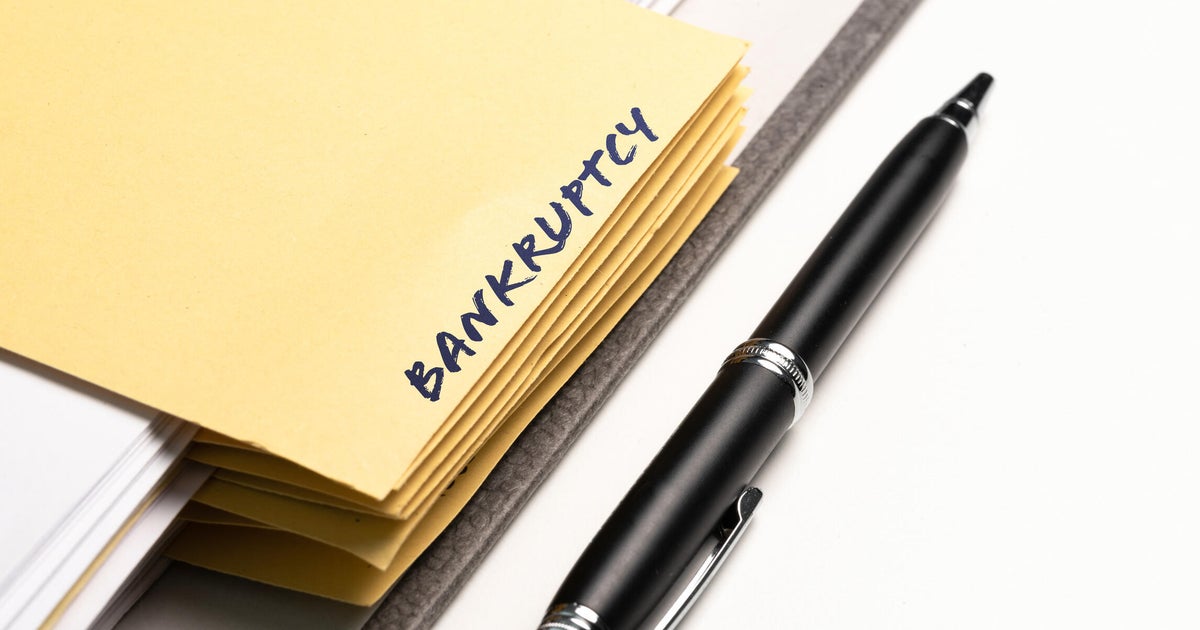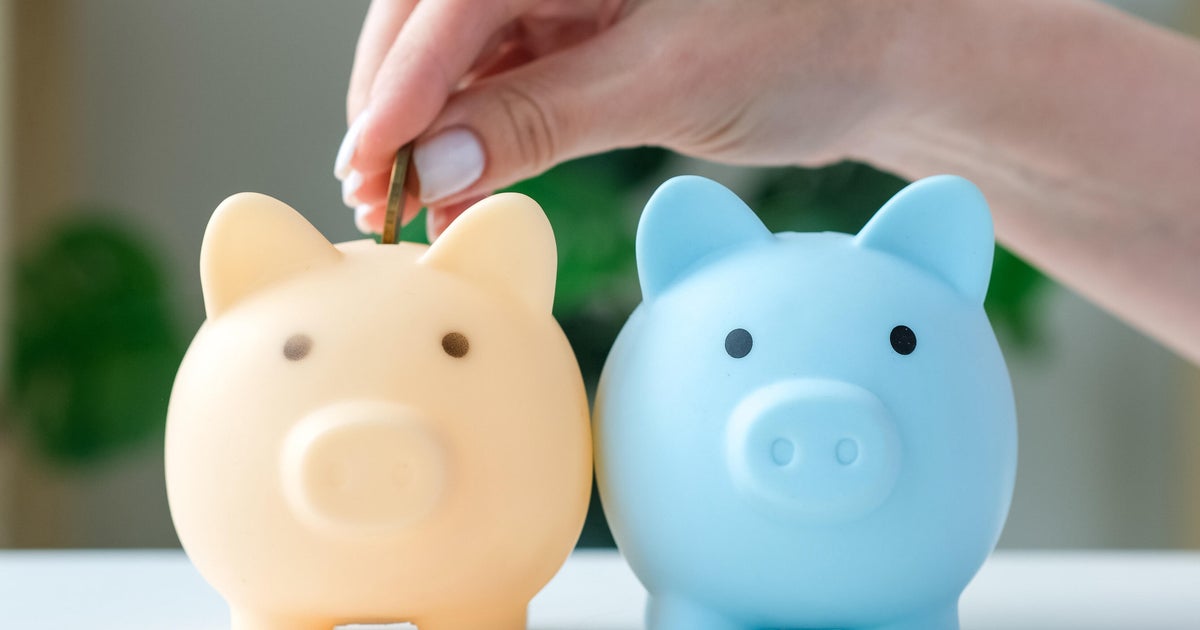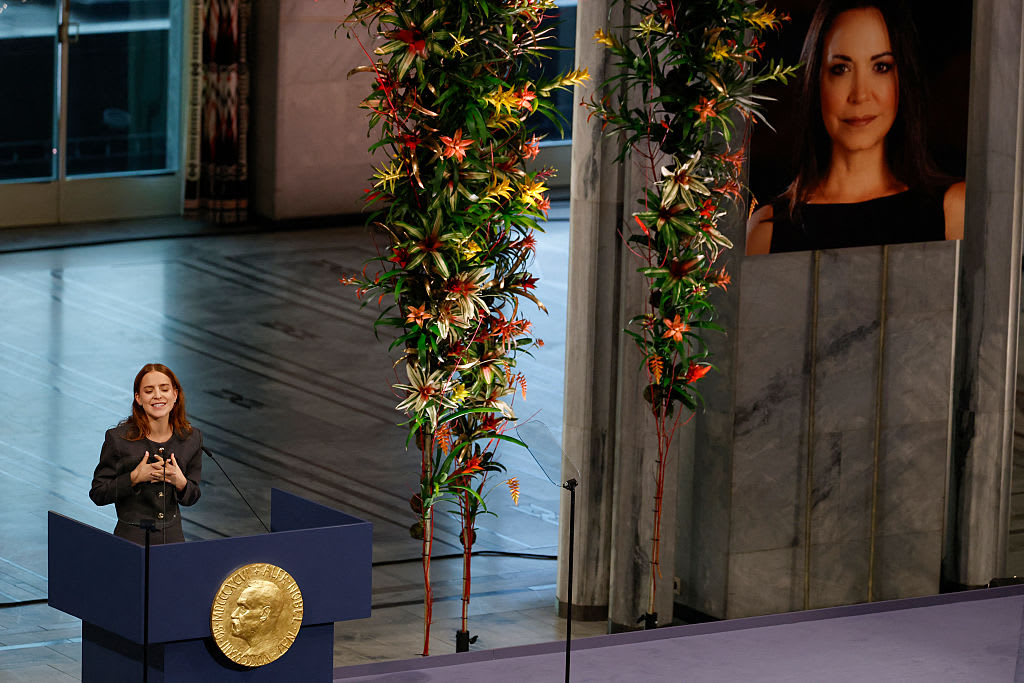How a Nobel economist sees human behavior
I couldn't help but feel a tinge of irony when I learned University of Chicago professor Richard Thaler was awarded the Nobel Prize for Economic Science for his work in the field of behavioral economics.
Remember the context: We're in the midst of one of the most powerful, most persistent and most popular (in terms of both sentiment and participation) bull markets of all time. Pretty much every asset class is at or near record valuations. Trillions in debt has been accumulated, facilitated by the global central banks, as structural issues have simply been papered over.
A bad debt problem in China? Anti-EU sentiment and crushing national debts in Europe? Low labor participation and stagnant wages in the US? Who cares? Did you see Netflix (NFLX) soar after raising prices 10 percent on Friday?
Thaler popularized the study of humans as far from the rational actors economists had assumed them to be. Instead, he revealed biases, laziness and overconfidence.
Thaler showed that rationality was limited when it comes to spending, saving and investing; that acknowledging social preferences and imperfect self-control better explained economic phenomena; and that shortcomings like loss aversion, an obsession with economic fairness and vulnerability to short-term temptation often sabotaged out best efforts to be responsible market participants.
Far from just pointing out our fallacies, he popularized "nudging" as a way to overcome our weaknesses. For example, making 401(k) contributions the default for new employees.
Thaler is a remarkably prescient choice for the Royal Swedish Academy of Sciences, given the extreme complacency in today's financial markets, lofty valuations (only exceeded in the dot-com and pre-Great Depression bubbles for US equities) and widespread "this time is different" mentality fueled by a true faith in the omnipotence of the world's central banks.
This is an economist who appeared aside Selena Gomez in the 2015 film "The Big Short" to deliver quick lesson on the absurdities of the derivatives that enabled the housing bubble.
Maybe in a few years, he can explain things like "VIX selling," credit-fueled corporate buybacks and high-yield bond spread compression. All of which are driving what The Economist has warned is a "bull market in everything" right now.
When asked what he would do with his $1.1 million prize, Thaler quipped: "I will try to spend it as irrationally as possible." Maybe by piling it all into shares of Apple (AAPL)? When asked about investing advice for the average person in a post-award interview with the Associated Press, Thaler said:
"Well, I think the biggest mistake people make in most domains is overconfidence. If you're trading individual securities, you're almost certainly making a mistake. Because most professional managers can't outperform their benchmarks, and there's little reason to think that individuals can."
Which is hilarious because hedge fund managers are increasingly deploying a "mom and pop" strategy of piling into momentum-driven, large-cap tech stocks.
Thaler's body of work is like a refreshing splash of cold water on the face in this feverish hyper-bullish environment. The term sacrilege comes to mind.
He warns against the perceived wisdom of the crowd. He tells how people tend to enthusiastically buy homes and stocks when prices are high on the assumption they'll continue to rise (the "hot hand" fallacy). And he has used the last two market bubble burstings to tell everyone who'll listen that markets and investors are far from rational.
I bet he gets another chance, sooner rather than later.



